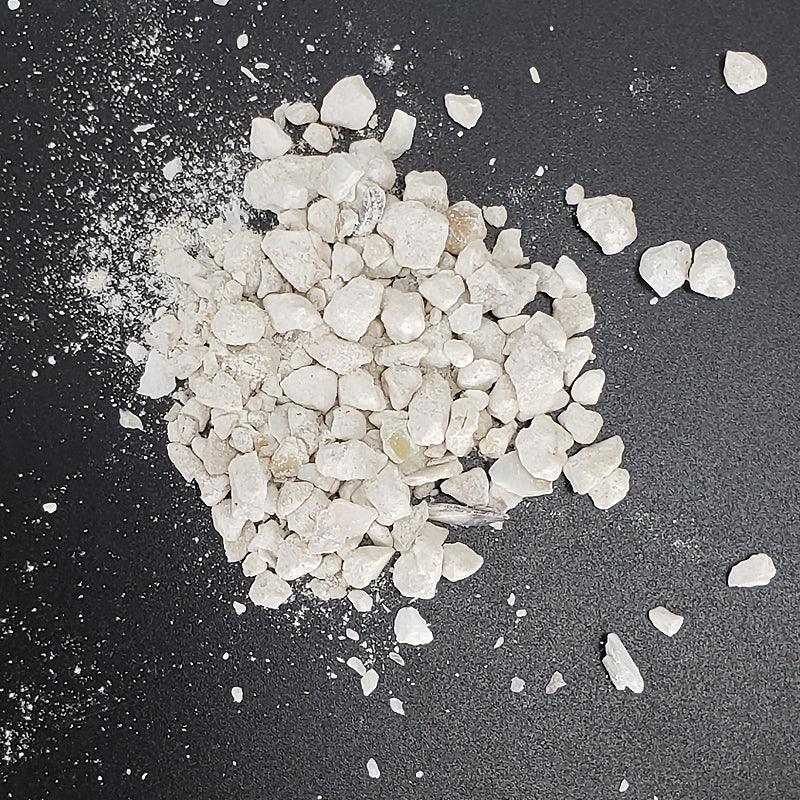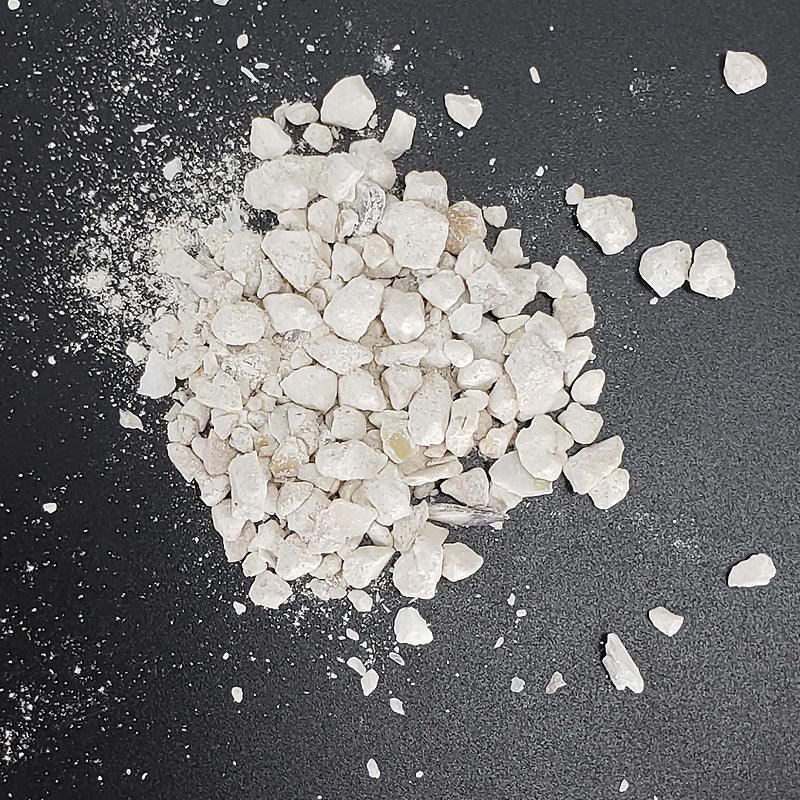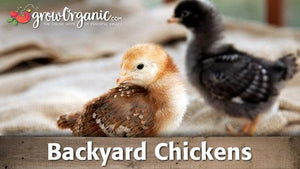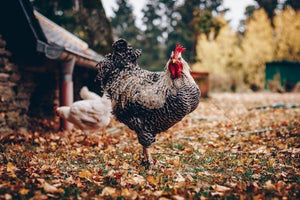Item Number: AD201
Oyster Shell Layer Grade (50 lb bag)
One of the Best Sources of Calcium for Laying Hens
Pacific Pearl Oyster Shell is a trusted, natural calcium supplement for poultry, used by over 30 million laying hens daily across the West Coast. This durable 50 lb bag of coarse, feed-grade oyster shells for chickens is specially formulated to support hens, ducks, and other egg-laying birds by promoting strong eggs and healthier laying cycles.
The slow-digesting granules provide a steady release of calcium carbonate, supporting both eggshell strength and skeletal health. Perfect for use alongside layer feed or as part of your flock’s grit and oyster shells blend.
Key Benefits
- Promotes laying eggs with strong, healthy shells
- Reduces soft shells, breakage, and undergrade eggs
- Encourages long, productive laying cycles
- Can be fed free choice or mixed into feed (3–5% of total ration)
- Packaged in a sturdy bag—ideal for small or large flocks
Feeding Directions
Offer Pacific Pearl Oyster Shell in a separate feeder to allow hens to self-regulate their intake, or mix 3–5% into the total feed ration at the onset of lay.
Why Calcium Matters
Laying poultry need a reliable source of calcium carbonate to produce strong eggs and maintain bone density. Without enough calcium, hens may experience shell deformities, brittle bones, and reduced productivity. This calcium supplement is a natural, slow-release alternative to synthetic additives—making it a reliable choice for supporting optimal egg production.
Not for Garden Use
While some oyster shell products are used in gardening, this product is designed specifically for poultry feeding. It is not intended for soil amendment or pest control.
Looking for More?
Explore more poultry nutrition solutions, including layer feed, grit and oyster shells, and organic options in our full Chicken Feed & Supplements Collection.
Check Your Zone Compatibility:
Compatible with your zone.
Growing Zone for

Our Guarantee To You
Since 1976, we've served our customers at every stage of growing. Please contact us at any time. We are happy to support and assist you.
Shipping Information
Shipping Information
Does not qualify for Flat Rate Shipping.
Shipping Weight: 51.0 lb
Dimensions: 21.5"L x 15.5"W x 5.5"H
Features
Features
Characteristics
Characteristics
Use Instructions
Use Instructions
Useful Information
Useful Information
Guarantee
Guarantee
Share


We add a sprinkle of this to our farm fertilizer mix as a source of calcium. It delivers a steady supply of calcium as it gradually is broken down in the soil. A bag lasts a very long time.
Awesome, great calcium source for my chickens.
I mix this with the scratch and the girls eat it up. The eggs are very big and strong. Easy to store in a bin and just toss out to the girls.
My hens eat this when they need it. So it lasts forever. Good Deal.




